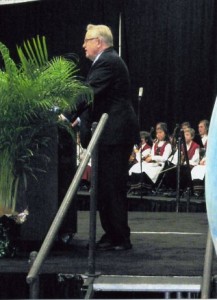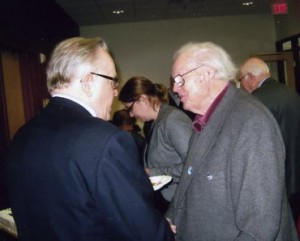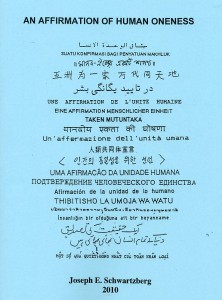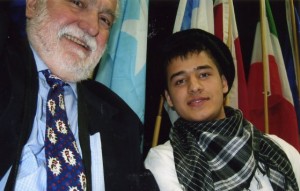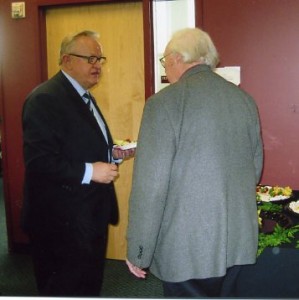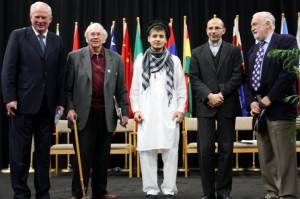#173 – Dick Bernard: Health Care Reform Round One – the last few days
I write and will publish this post before I know what Rep. Dennis Kucinich says this morning. Except for correcting the usual punctuation and grammar maladies that affect an amateur writer, the content will remain identical. Any new content will be in a specific update.
Barring unforeseen calamity’s, Mr. Kucinich will have the spotlight on himself. It is a most desirable position for a politician.
Depending on what he says, and depending on the point of view of the person or constituency which wants to know his position, he will be a hero, an unsung hero, a goat, or irrelevant. (The unsung hero status will be reserved to his enemies, who hope he says heroic things advancing his own ideology, which can be useful to kill his objective on health care reform.)
Propaganda under any of its names (“spin” is a very common one) is always fascinating. I have been an amateur student of propaganda for many years, dating back to teaching junior high kids about advertising tactics in the late 1960s, to being an intended victim of propaganda in the early 1970s, to being formally taught about it in later years. I know how propaganda works, and how it feels.
Of course, speculation is rampant about what Kucinich will say. Whatever he says, doubtless partisans on all sides have primary and alternative messages already prepared, and roll them out, instantly.
As to the actual vote, whenever it happens, and whatever it is called, and however it happens, nobody knows absolutely for sure how it will go, since a number of Democrats are playing coy with their position. Last night Ezra Klein of the Washington Post observed that this is the normal lying that happens in advance of an important vote. This is the time, members reason, to attempt to extract this concession or that as the price of their vote. It is something of a dangerous game but it is just another proof that just because some legislator carries a label of this party or that, he or she is a free agent, hopefully voting correctly for a majority of his/her constituents as measured in the next election.
Rep. Kucinich is just one of 535, only with a little more spotlight at the moment, and a little more risk.
My personal prediction: Kucinich will say he’ll vote yes, but with a probably long list of expectations and demands. Health Care Reform Round One will ultimately pass House and Senate, and will be shown to be a major (if inadequate) improvement over what is, and will be a platform for future modifications.
Round Two is the November election, and we the people will be asked to decide our future course. My bet is that enough of us will respect the results of Round One, and the risks taken to pass it, that we will not choose to go back to the good old days.
Now I’ll see if I can find out what Kucinich said this morning…I publish at 10:06 a.m. CDT. Update will include a comment about the recent Michele Bachmann anti-Reform rallies in St. Paul and Washington.

